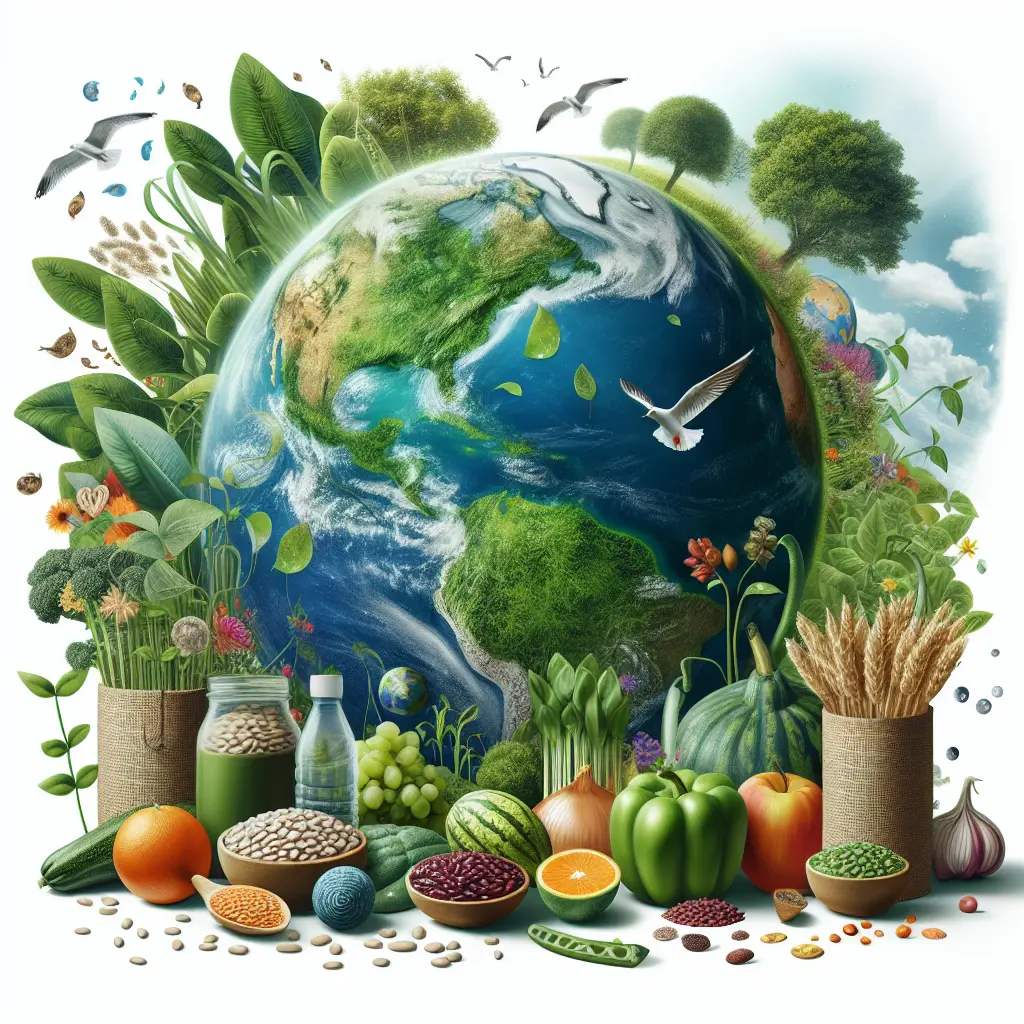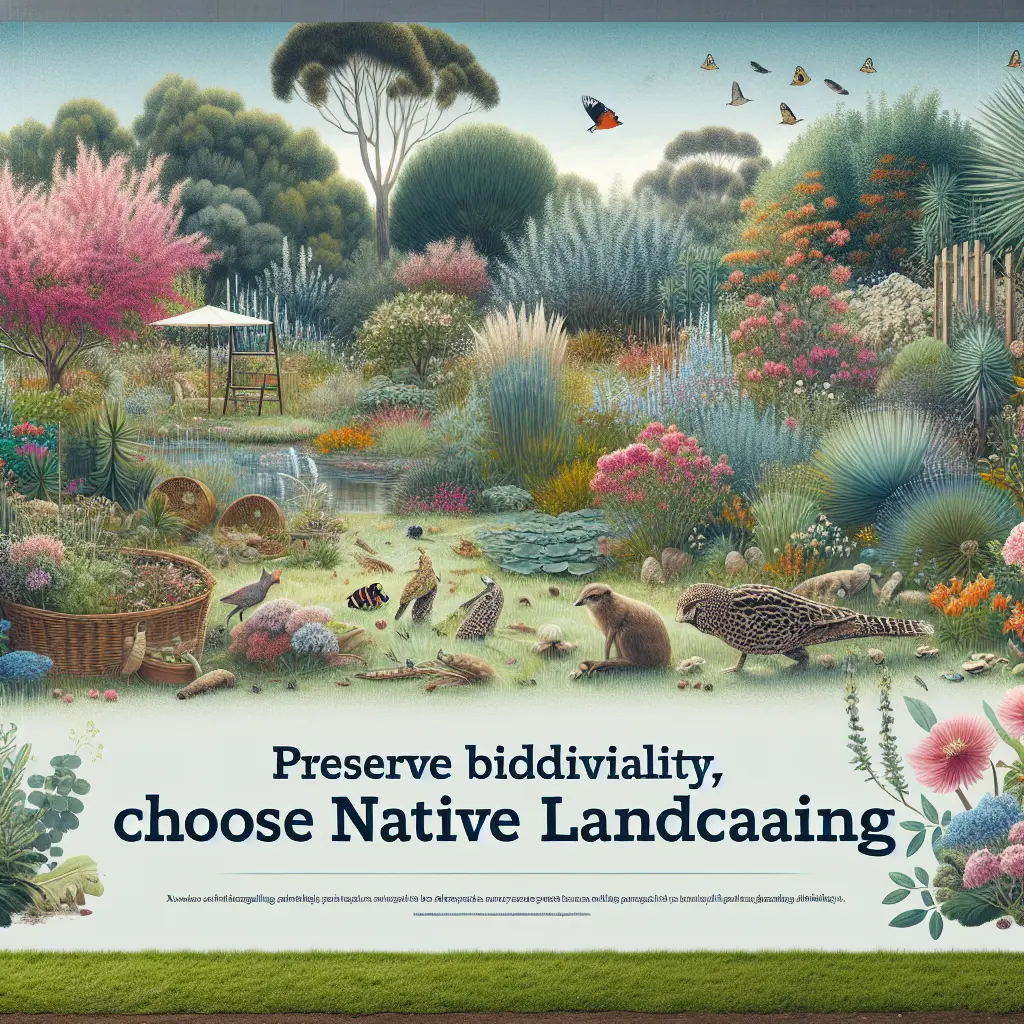In a world increasingly focused on the urgent need for environmental sustainability, plant-based diets have emerged as a powerful tool to combat ecological challenges. With their potential to reduce carbon footprints, promote biodiversity, and conserve precious natural resources, these diets align seamlessly with the global movement towards sustainable living. Recent developments in various sectors, from architecture to technology, underscore the growing importance of sustainability in our daily choices.
The transition to plant-based diets is not just a dietary choice but a shift towards sustainable eating that impacts the environment profoundly. By reducing meat consumption, individuals contribute significantly to lowering greenhouse gas emissions associated with traditional livestock farming. According to a University of Oxford study, adopting a plant-based lifestyle can reduce an individual’s carbon footprint by up to 73%.
Beyond personal health benefits, plant-based diets offer substantial environmental advantages. For instance, they require less land and water compared to meat-based diets, effectively addressing issues like deforestation and water scarcity. These aspects are crucial as we strive to create sustainable food systems that support both human and planetary health.
Sustainable agriculture is at the heart of the plant-based movement. By focusing on crop diversity and soil health, sustainable farming practices enhance food security while minimizing environmental impact. This approach is evident in the increased use of renewable materials, such as the cork used in interior design, which combines sustainability with style as reported by Architectural Digest.
Moreover, initiatives like the incorporation of recycled materials in large-scale projects exemplify the practical application of sustainable agriculture principles. For example, the 2024 Summer Olympic Games will feature a track made from recycled mollusk shells, highlighting a commitment to sustainability that resonates with plant-based diet advocates as detailed in The Guardian.
Plant-Based Diets and Climate Change Mitigation
One of the most compelling arguments for adopting plant-based diets is their role in mitigating climate change. Livestock farming is a significant contributor to methane emissions, a potent greenhouse gas. Transitioning to plant-based nutrition helps reduce these emissions and offers a path towards achieving climate targets. A report by the Intergovernmental Panel on Climate Change (IPCC) emphasizes that dietary changes are critical for limiting global warming to 1.5°C above pre-industrial levels.
As people become more aware of the ecological impact of their food choices, the momentum towards plant-based diets continues to grow. This shift is not just a trend but a necessary transformation in our quest for a sustainable future.
Ethical eating is an integral component of the plant-based lifestyle. It involves making conscious food choices that respect animal welfare and environmental health. This ethical dimension is gaining traction among consumers who prioritize sustainability over convenience. The growing popularity of eco-friendly products, such as the Xbox Sky Cipher Transparent Controller, which incorporates sustainable materials as reported by GameSpot, mirrors this trend.
Furthermore, ethical eating aligns with efforts to create eco-friendly cities, such as Saudi Arabia's ambitious "eco-city" project, The Line. While experts question its feasibility and ecological impact as noted by CNBC, the project's focus on sustainability reflects a broader commitment to integrating eco-friendly practices into urban planning.
Biodiversity and Water Conservation
Plant-based diets play a crucial role in promoting biodiversity and conserving water resources. By reducing reliance on meat production, which often leads to habitat destruction and excessive water use, plant-based diets help preserve ecosystems and maintain ecological balance.
The environmental benefits of plant-based diets extend to water conservation efforts. With agriculture accounting for 70% of global freshwater use according to the Food and Agriculture Organization, shifting towards less water-intensive crops is vital for sustainable water management.
Additionally, plant-based diets support biodiversity by encouraging diverse crop rotations and reducing monoculture practices that deplete soil nutrients and harm local wildlife. This approach fosters resilient ecosystems that can withstand climate variability and support a wide range of species.
Deforestation remains a significant environmental challenge, driven largely by agricultural expansion for livestock production. By adopting plant-based diets, individuals can help curb deforestation and promote reforestation initiatives. This shift towards sustainable food choices not only protects forests but also enhances carbon sequestration capabilities, vital for mitigating climate change.
Efforts to integrate sustainable practices into various industries further highlight the importance of environmental stewardship. For instance, MIT's course on Sustainable Real Estate examines how sustainable design can transform urban landscapes and reduce ecological footprints.







Leave a Comment